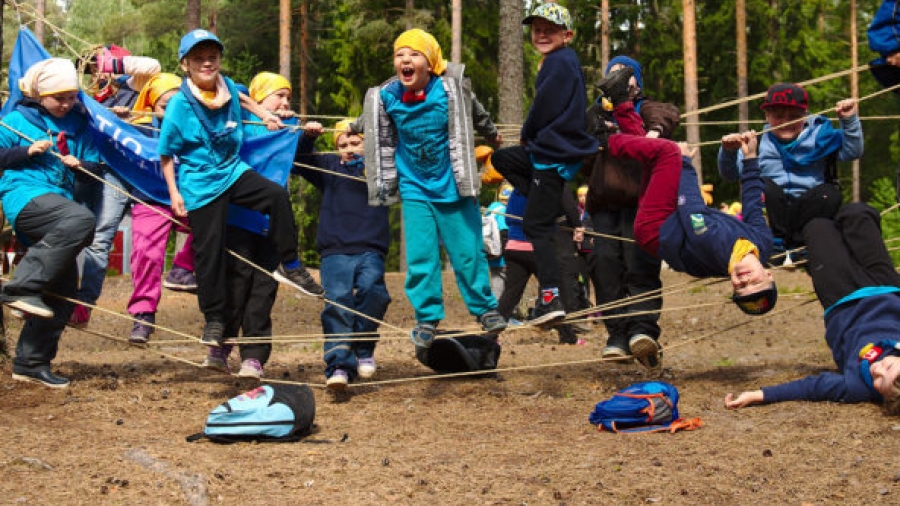Spotlight on Laurie Berrie
We hear from Laurie about life working as a Research Assistant in the Lifelong Health and Wellbeing team and the challenges of working with administrative data.
My name is Laurie Berrie and I’m based at the University of Edinburgh, where I started working in 2020 as a Postdoctoral Research Assistant in Health and Wellbeing. My research interests are in health data science, health geography, and causal inference with observational data. Generally speaking, I am involved in all stages of the projects I am working on; from getting data access permissions and ethical approval, to analysing data, submitting a paper and completing public engagement.
I joined SCADR just before the Covid-19 pandemic hit, which means I have mainly been working from home. I really think everyone who has persevered through the pandemic, whether they had just recently joined or had been with SCADR for several years, should recognise what a great professional accomplishment this is. They should be especially proud of themselves for surviving having no face-to-face contact with colleagues or their research lead.
We asked Laurie the following questions to find out more about her role; the challenges she faces and what she does outside of work.
What research projects are you doing at present?
Currently I am involved in two projects. The first is about the impact that positive youth development (PYD) activities can have on outcomes in later life. We are specifically exploring the impact of participation in structured informal education movements may have on health in adulthood. Examples of the informal education clubs we are researching include Scouts, Guides, Boys’ Brigade and Girls’ Brigade (including Girls' Guildry). We analyse whether taking part in these clubs is related to self-reported health outcomes in mid-life and whether this can effect their socioeconomic position in adulthood. We intend to expand this project to look at the effect going to these clubs has on mental health.
The second project is about how different modes of commuting affect our health. We use linked census and NHS data to answer these four research questions:
- Is long distance commuting associated with poor mental health?
- Does road congestion have negative effects on mental health?
- Is using underground commuting related to birth outcomes?
- Does active commuting by bike causally benefit mental health?
What is a typical day like?
A typical day for me can look very different depending on where we are with a project. At the moment, I am in the data analysis phase of our fourth commuting project research question. Up to this point, I have spent a lot of time “in” the data “cleaning” it to prepare it for this stage – the analysis stage should progress quicker than the “cleaning” stage, if I have done it well! For both of these stages I have been immersed in the statistical programming package, R, which I access through a secure connection to get to where the anonymised data are held.
What challenges have you had to overcome with the latest project?
Using administrative data, there are so many data challenges to overcome and account for! From the long process of getting access to the data to issues with quality and missingness – the data cleaning and pre-processing part of a project can bring up all sorts of questions and compromises. Before starting this role, my research had mostly used simulated data that I had created to avoid these issues so I could assess how different methods performed under specific scenarios. It has certainly been very interesting discussing and deciding how to approach some of these features of administrative data.
What do you like most about your job?
The thing I like most about my job is the problem solving. As I mentioned previously, there are many challenges in attempting to answer our research questions, but this is also what makes my job really interesting. This alone is satisfying and helps me enjoy my job day-to-day, but knowing that what I do can impact population health and wellbeing is really what drives me.
Why did you decide on a career in data?
I knew I would study mathematics at university from when I was about 10. Starting my undergraduate degree, I didn’t know what it would lead on to and I wanted to keep my career options as open as possible. My first job out of university was as an information analyst for the NHS and with many of the women in my family being nurses, I have always had an interest in healthcare. For a while, I even thought about studying medicine but in the end, I turned down a place on a graduate entry medicine course for an MSc in Epidemiology and Biostatistics which then led onto a PhD. I haven’t looked back!
What do you like to do when you aren’t working?
Whilst I now consider my home to be Edinburgh, I grew up in a small town in Cumbria on the edge of the Lake District. One of my favourite things to do is to create Ruskin Lace which is a craft very local to where I was brought up. My other hobbies are quite different to this! I am currently training for a strongwoman competition so you will often find me at the gym where I am also a member of a women’s powerlifting club, otherwise, I can be found curled up on the sofa with our adopted cat Socks.
This article was published on 10 Jan 2022




